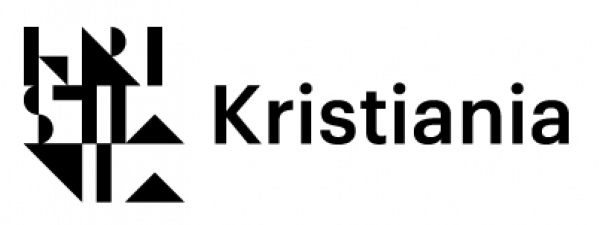Master in Artificial Intelligence
Do you want to shape tomorrow's technological landscape? This master's program provides you with both theoretical frameworks and best practices from the industry.
Learning outcomes
At this master's program, you will develop a thorough understanding of fundamental concepts in artificial intelligence and data analysis. You will also gain broad knowledge of various artificial intelligence algorithms, from classical to advanced, and the ability to develop, evaluate, and apply them. The instruction will be conducted in English.
Through courses such as Big Data Systems and Advanced Machine Intelligence and Deep Learning, you will acquire comprehensive knowledge of the software tools used in artificial intelligence algorithms and advanced data analysis. The course Ethics, Sustainability, and Society will provide in-depth understanding of the ethical aspects related to the development of artificial intelligence algorithms, as well as crucial awareness of sustainability requirements in the field.
Students will be affiliated with the research environment at Kristiania, such as the Artificial Intelligence Laboratory (TheAILab), and all research groups at the School of Economics, Innovation, and Technology working within the corresponding field. This includes MOTEL, AISE, SmartSecLab, and other relevant units.
Career Opportunities
Our graduates will be ready for leadership roles in artificial intelligence and data analysis across various organisations. Career opportunities include:
- Data Analyst
- Artificial Intelligence Consultant
- Data Scientist
Upon completion of the master's degree, you will have several academic career options, including participation in the doctoral program in Applied Information Technologies at Kristiania. Alternatively, you can pursue similar doctoral programs at other Norwegian universities or internationally.
This opens doors for a deeper exploration of applied information technology, providing candidates with the opportunity to contribute to research, innovation, and development at a higher level. With this academic background, graduates can take on leadership roles in the research community and shape the future technological landscape
Entry requirements
Read about entry requirements on the school's programme site
Entry requirements
Read about entry requirements on the school's programme site
